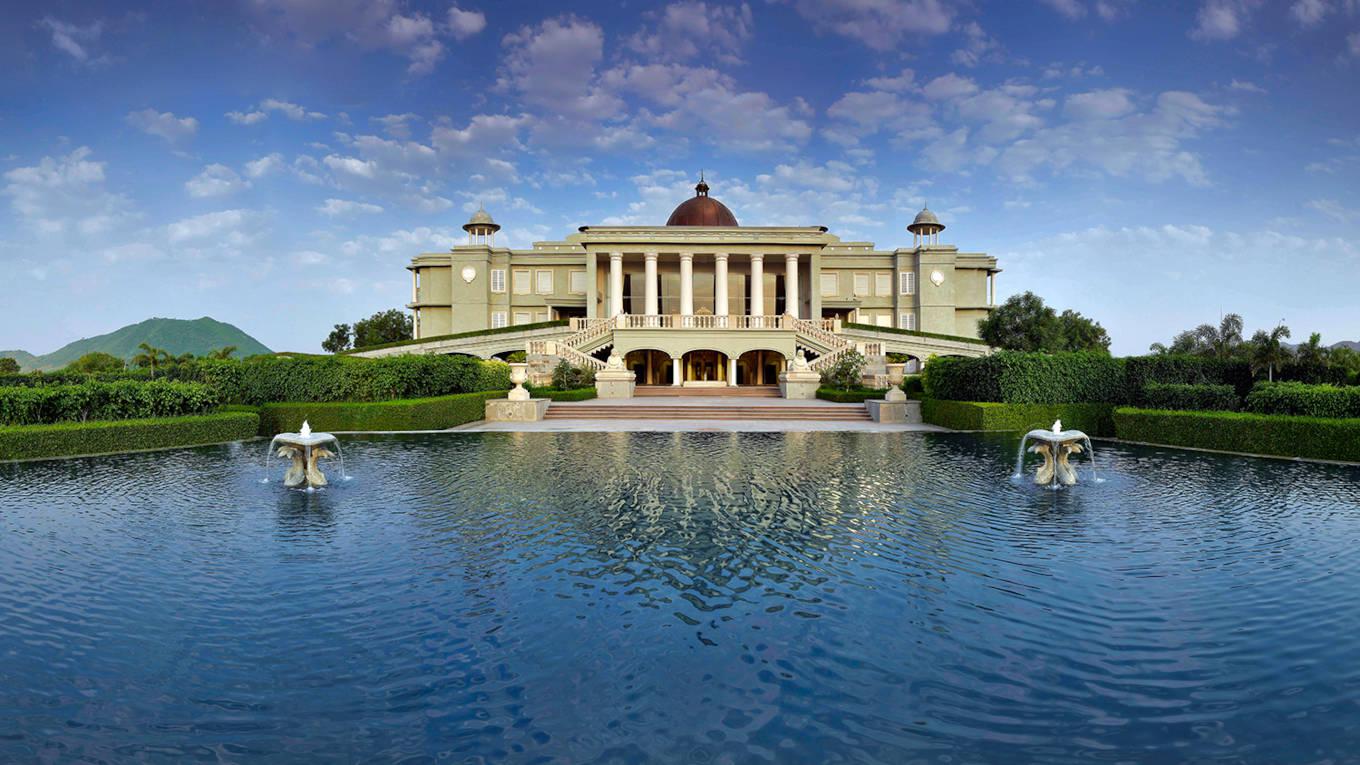-
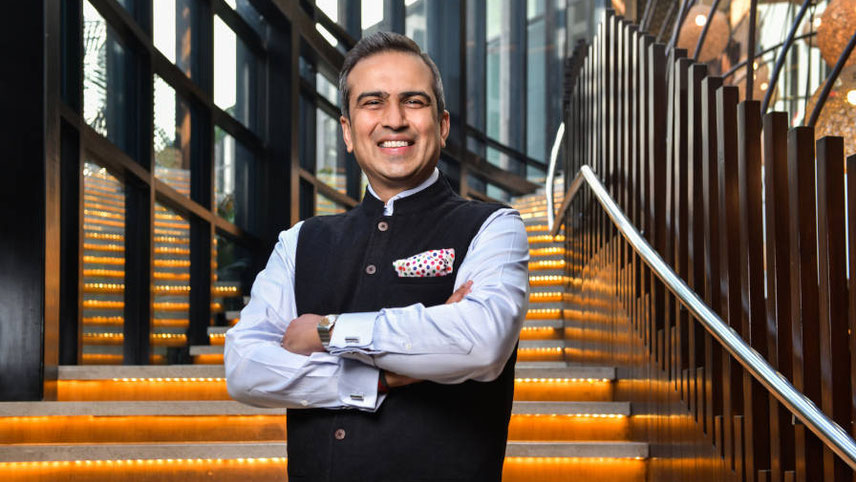
Dhawan: “still hard for anyone to predict when our industry will completely recover”
Another saviour has been food, though in an altered form. “F&B played a huge role to help the industry stay afloat during the lockdown,” according to Dhawan. “Currently as the situation is improving, we are seeing an improvement in occupancies and witnessing simultaneous growth in the F&B segment. Takeaway and delivery was already in demand and now with the gradual increase in occupancy, we can see the in-house consumption improving significantly as well. There is ample opportunity for innovation on the F&B front, a lot of which we have seen in the recent past as well – dark kitchens, food delivery, DIY kits etc. We also saw a trend where chefs would personally go and prepare a meal for a personal gathering of ten or so people at the comfort of their homes.”
Tech to the rescue
Technology is playing an ever-greater role in shaping hospitality. “Technology is being embraced at every level, from room bookings, to check-ins, check-outs, and payment procedures, digital posters, and digital menus, automation in revenue management, digital training etc,” points out Dhawan. “At Accor, we have implemented ALLSAFE, the safety and hygiene label across all our network hotels. It is a global cleanliness and prevention standard developed with and vetted by Bureau Veritas, a world leader in testing, inspections, and certification. All our hotels are required to adhere to these standards which represent some of the most stringent cleaning standards and operational protocols in the world of hospitality.”
Another change is the introduction of the Accor Key globally, which provides a contactless guest journey, by providing guests access to their rooms without a physical key. “Additionally, we collaborated with Microsoft to launch ALL CONNECT, a new hybrid meetings concept supported by Microsoft Teams that will enable guests around the world to adapt to the new ways of working,” reveals Dhawan. “This new offering will enable corporate customers and meeting planners to combine physical in-hotel meetings with virtual interactions across multiple locations simultaneously.”
Future events
One of the most impacted segments is events – business or social – also the bread-and-butter for city business hotels. “We strongly believe that nothing can replace face to face meetings and with more and more people getting vaccinated, those meetings will return in a gradual manner,” says Dhawan. “Till the time that happens, virtual and hybrid event concepts will be a safe alternative. To encourage demand, one of the key factors in 2021 will be flexibility on commercial terms & conditions, given that these are unique times. Moreover, as international travel restrictions continue, domestic business will be driving MICE revenues for the near future. While we can expect sporadic demand in segments like weddings and sports, movement in industries such as pharmaceuticals, electronics, automobile, sports, manufacturing, movie production houses should witness a faster rebound Q3 onwards. Business continuity bookings are primarily driving demand, however, domestic SME market has also recovered quicker than anticipated.”
Of course, the pandemic has also delayed hotel openings, pushing up costs. “The three major openings we have scheduled for this year are Raffles Udaipur, Novotel Chandigarh Tribune Chowk followed by ibis Vikhroli, Mumbai,” reveals Dhawan. “Owing to the pandemic, they have been delayed by approximately 9-12 months.”
-
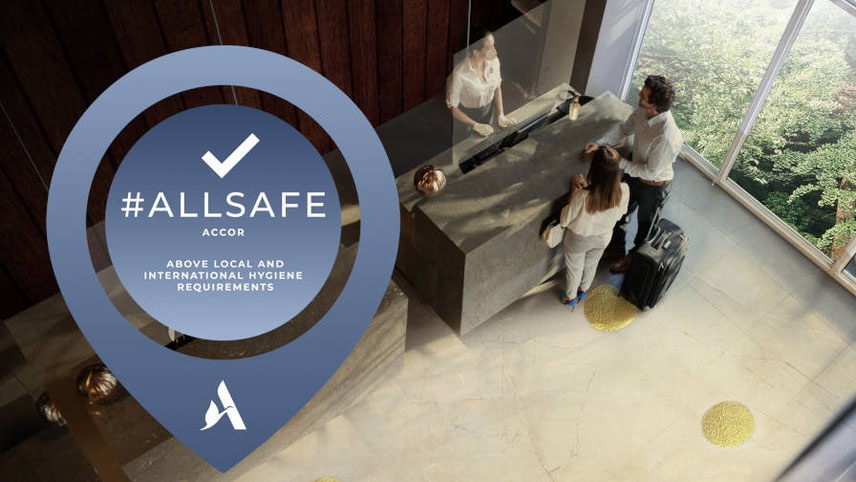
Accor has implemented its safety and hygiene label ALLSAFE across all its hotels
Betting on luxury
If Udaipur already wasn’t a strong contender for the wedding capital of India, it has just added another reason. “We strongly believe that the future of luxury hotels in India is very bright,” says Dhawan. “Raffles is the tenth brand that Accor is introducing in India. We are the only international hospitality brand present in Udaipur. There is a promising future for luxury brands in the region and there are discerning customers that are actively looking for memorable, luxurious experiences which a brand like Raffles delivers.” Indeed, Six Senses is opening not far away in October, while other luxury brands such as Anantara are slated to open in the near future in Rajasthan.
To communicate the Raffles benchmark, we are targeting all the segments – corporate, travel management companies, leisure, meetings and events, weddings, and entertainment, stresses Dhawan. “Raffles is an iconic brand. It caters to the niche audience that has been travelling across the globe for effortless world-class experiences, visionary designs, impeccable hospitality, remarkable service and priceless moments. Over the last few decades, the brand with new locations across the world has managed to attract a clientele that would travel to experience Raffles hospitality.” Enticing launch offers for A Royal Escape were communicated to the luxury segment within India through CRM [Customer Relationship Management], social, and other paid avenues. In 2019, group CEO, Sébastien Bazin had said one third of the group's pipeline in India would be in luxury. Another Raffles is slated to open in Jaipur in 2022. Banyan Tree, another brand that Accor acquired, is also slated to open in India, after an aborted attempt in 2012. Incidentally, 35 per cent of Accor’s global pipeline of rooms is in the luxury/upscale segment.
Global view, local view
The €1.6 billion hospitality group, which started operations in 1967 in Lille, France, now operates 5,139 hotels with a room inventory of over 750,000 rooms. It has another 1,209 hotels in the pipeline, and employs 266,000 staff in 110 countries, according to its Integrated Report 2020. The group operates 40 brands, and is globally committed to moving to an asset light model.
India still represents a relatively minor part of the group’s global operations. Accor presently has 52 operational hotels in the country (about a per cent of the global total), translating to about 10,000 across 10 brands. Another 17 hotels are expected to open over the next four years. It had grander plans, announcing in 2012 that it would reach 90 hotels by 2015.
Recalibration of plans and leadership, coupled with inevitable project delays in India, has seen the group not reach its own targets. In April, Marc Descrozaille, COO of India, Middle East & Africa at Accor said, “India is a key market for the company and the recent spike in Covid cases has not impacted their expansion plans,” adding investments in India were for the long run.
-
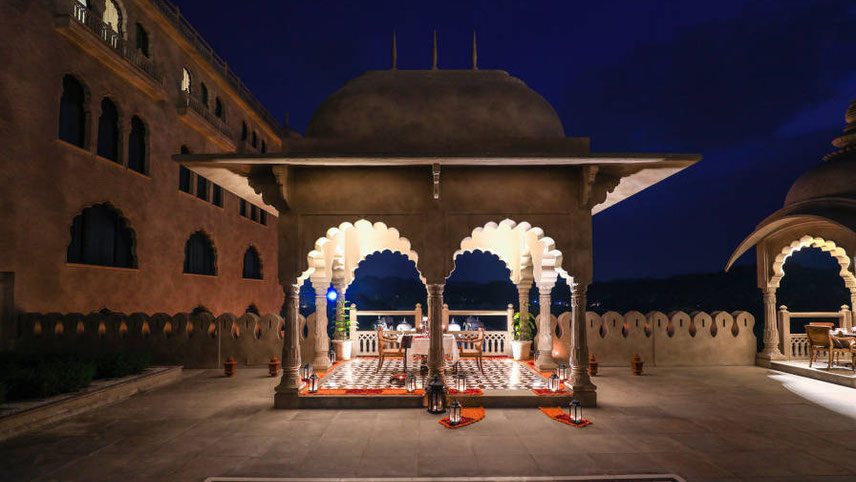
Fairmont Jaipur, Imperial Terrace
Still not the size of competitors such as Marriott and Indian Hotels, both of which have well over 100 hotels in the country, Accor however has successfully introduced many of its global brands into the Indian market, and enjoyed particular success with its upscale (or midscale, depending on country!) Novotel and budget brand ibis. For the latter, it has a JV with InterGlobe Enterprises (operator of Indigo, India’s largest airline) for InterGlobe Hotels, established in 2004. The newer hotels of both the brands are sporting refurbished looks, designed to make the stays more engaging. In 2019, Accor had announced its focus on expanding its luxury, lifestyle and premium brands portfolio in the country such as Banyan Tree, SO/, SLS, Delano, Mondrian, Hyde and Tribe.
As Bazin puts it, “the targeted expansion of our network is still the cornerstone issue in securing our long-term future.” Dhawan too is optimistic. “The increase in occupancy levels and various campaigns around vaccination bring us a lot of hope. Taking cues from other parts of the world that are gradually opening up, we can say that vaccination will be the foundation of recovery.” Despite hiccups, that indeed seems to be the way forward, for Accor and the world.
-
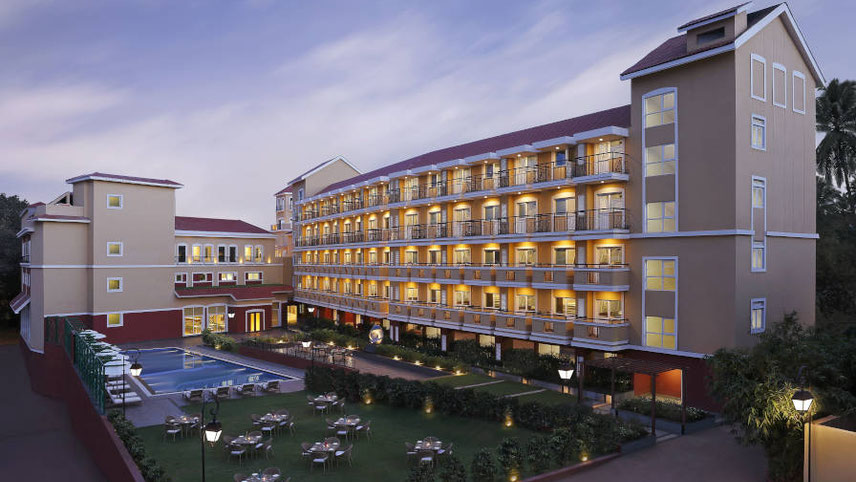
ACCOR’S BRANDS IN INDIA
FAIRMONT (Jaipur 1)
GRAND MERCURE (Bengaluru 2, Gandhinagar 1, Mysuru 1, Vadodara 1)
IBIS (Bengaluru 1, Chennai 3, Coimbatore 1, Delhi NCR 3, Hyderabad 1, Jaipur 1, Kochi 1, Kolkata 1, Mumbai 2, plus ibis Vikhroli opening soon, Nashik 1, Pune 2)
MERCURE (Chennai 1, Goa 1, Hyderabad 1)
IBIS STYLES (Goa 1)
NOVOTEL (Ahmedabad 1, Bengaluru 1, Chennai 3, Delhi 1, Goa 3, Guwahati 1, Hyderabad 2, Khopoli 1, Kochi 1, Kolkata 1, Lucknow 1, Mumbai 1, Pune 1, Vijayawada 1, Visakhapatnam 1; Chandigarh opening soon)
PULLMAN (Delhi 1)
RAFFLES (Udaipur 1)
SOFITEL (Mumbai 1)
The group also manages the Bheemli Resort in Visakhapatnam
